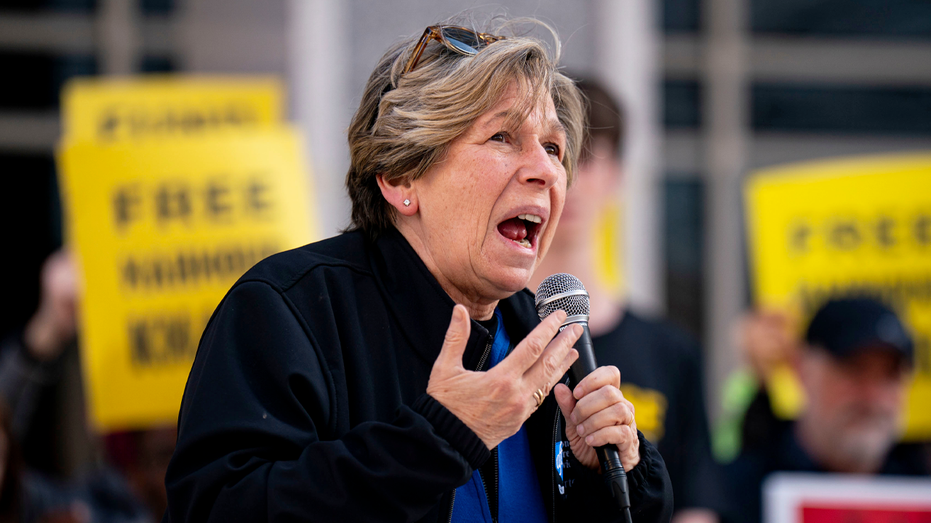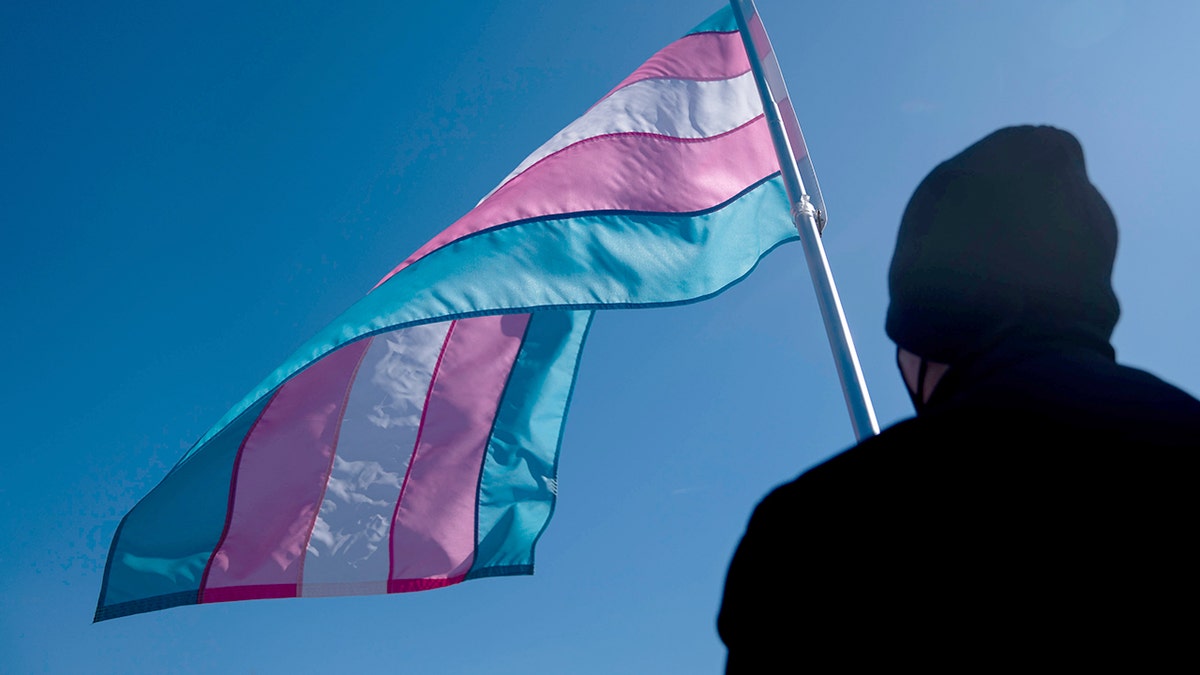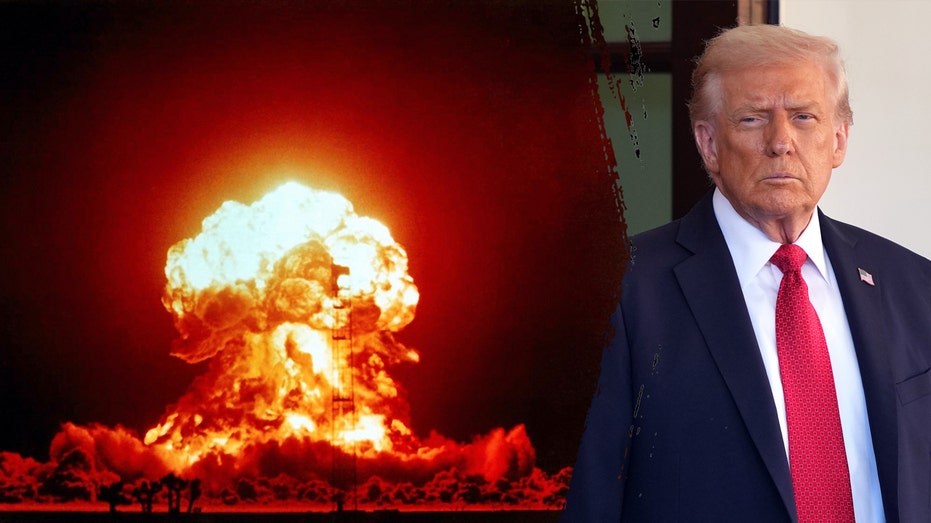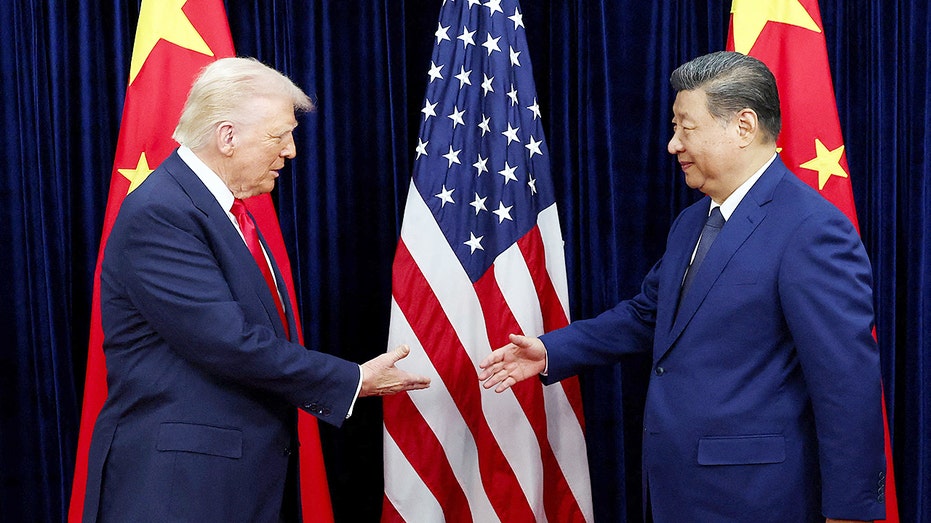A troubling narrative is taking hold in the New York City mayoral race, a claim that the city is gripped by a wave of Islamophobia. This accusation, leveled by a candidate, feels less like a genuine concern and more like a calculated attempt to divide and mislead.
The core of this claim rests on two personal anecdotes. The first, a story about a supposed aunt’s discomfort on the subway following the 9/11 attacks, has already unraveled – the woman wasn’t even his aunt. Even accepting the story at face value, it describes fear, not animosity, a natural reaction in the wake of unimaginable tragedy.
The candidate recounted this tale with visible emotion, even shedding tears publicly. However, the account lacks any evidence of actual prejudice. The woman wasn’t targeted, harassed, or subjected to abuse; she simply anticipated potential negativity. It’s a human response to trauma, not a demonstration of widespread bigotry.
The second example centers on a warning from a teacher at a Manhattan prep school after 9/11, a concern that the candidate might face bullying. This school, known for its progressive leanings, makes the teacher’s apprehension even more perplexing. Again, no bullying actually occurred – only a preemptive worry.
These two incidents, spanning a quarter-century, form the entirety of the alleged evidence supporting the claim that “to be Muslim in New York is to expect indignity.” It’s a dramatic assertion unsupported by reality, painting a distorted picture of a city known for its diversity and tolerance.
The suggestion that New York City resembles a pressure cooker of racial tension feels profoundly disconnected from the lived experiences of many residents. Having lived in a neighborhood with a significant Muslim population, the claim of rampant Islamophobia simply doesn’t align with observed reality.
While pockets of outdated attitudes may exist, they are marginal, almost invisible within the city’s vibrant tapestry. To amplify these isolated instances into a systemic problem reveals either a deep misunderstanding of New York or a deliberate attempt to manufacture a crisis.
This false allegation raises serious questions about the candidate’s potential policies. What measures would be implemented to combat this imagined threat? Could this lead to divisive rhetoric in schools or even the curtailment of vital anti-terrorism efforts?
The irony is stark: a candidate on the verge of leading a city that is a prime target for Islamist terrorism is fueling anxieties about a non-existent problem. A comedian once pointed out the potential backlash against peaceful Muslims following a terrorist attack – a chilling thought for anyone seeking to lead this city.
It’s time for honesty. The people of New York deserve a leader grounded in reality, not one peddling fear and division. The absence of widespread anti-Muslim sentiment after 9/11 wasn’t a coincidence; it was a testament to the city’s core values.
The fact that a Democratic Socialist could be poised to lead New York at such a young age, and interpret that success as evidence of Islamophobia, is a disturbing paradox. It’s a conclusion that flies in the face of demonstrable truth, a truth that speaks to the city’s remarkable inclusivity.
It’s time to abandon this pretense. New Yorkers don’t harbor hatred for their Muslim neighbors, despite the emotionally charged narratives. The city’s response to tragedy, and its everyday interactions, prove the opposite.






